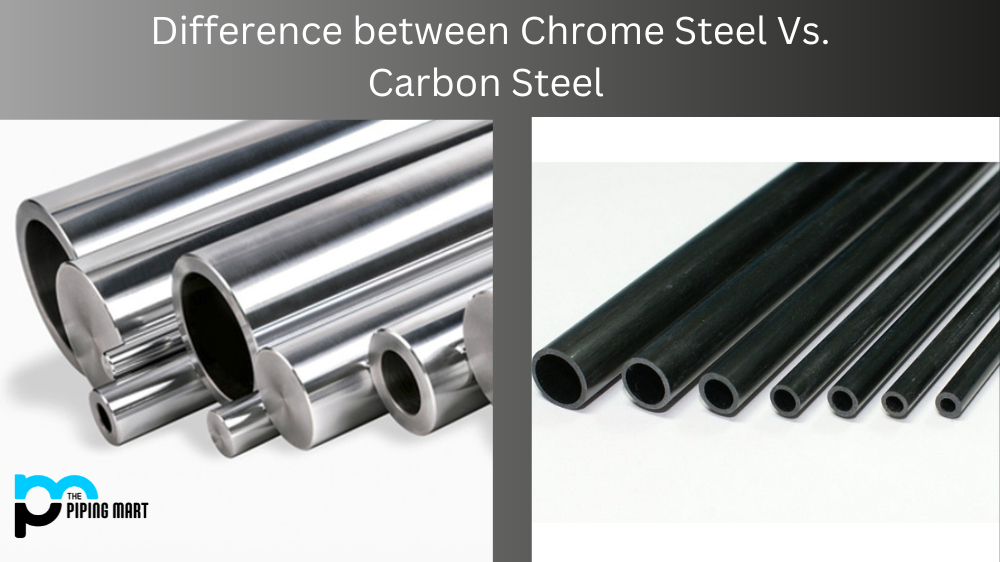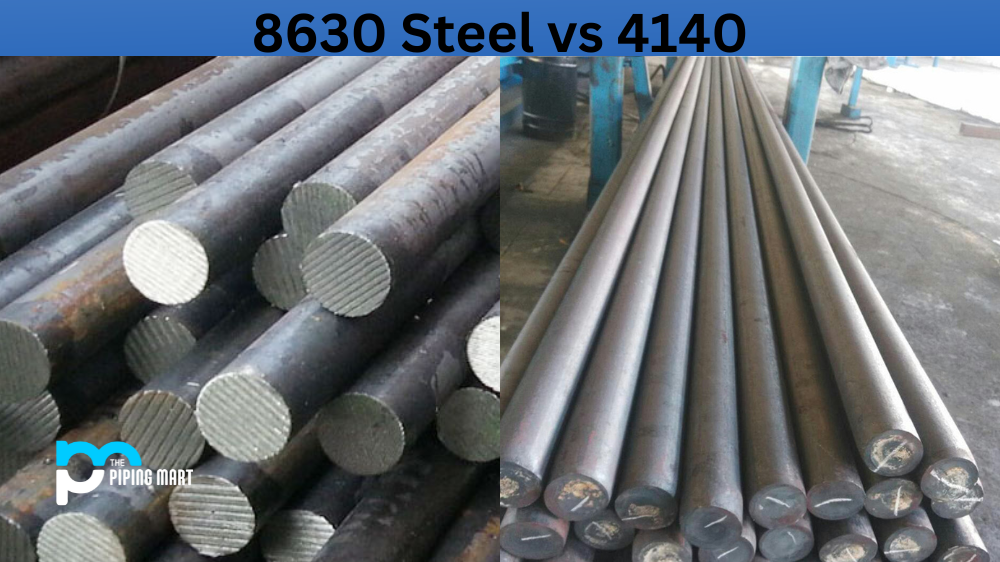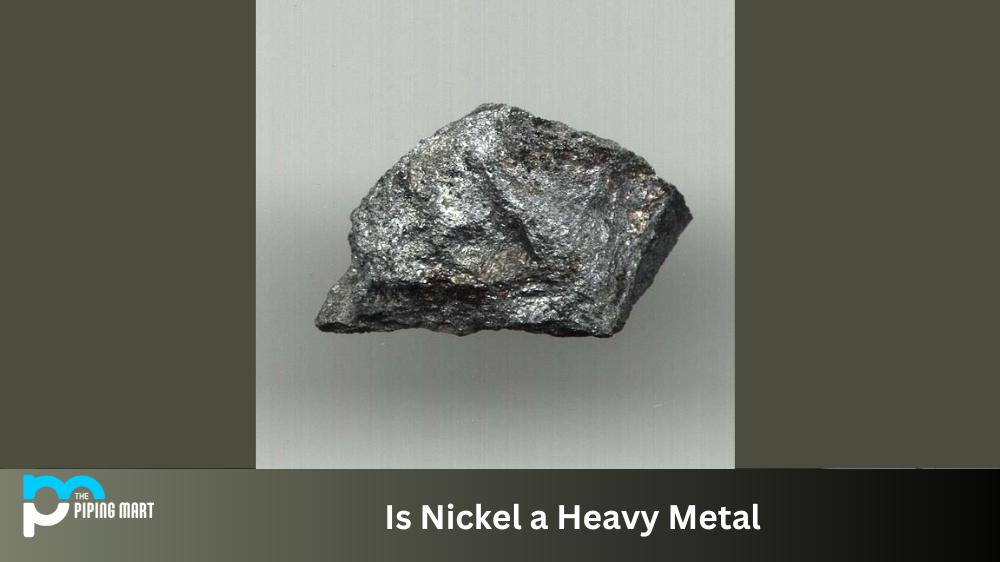The world of steel can be a confusing place. There are countless different types, grades, and compositions to choose from, and it can take time to know which is best for your needs. In this guide, we will explore two of the most common types of steel – chrome steel and carbon steel – so that you can make an informed decision about which one is right for you.
Chrome Steel
Chrome steel, also known as chromium-molybdenum steel (or simply Chromoly), is an extremely strong and durable alloy that contains chromium and molybdenum as its primary elements. Chromoly has a high tensile strength-to-weight ratio and is often used in applications where strength is paramount, such as automotive parts or structural components. It is corrosion-resistant and heat treatable, making it ideal for use in harsh environments such as those found in heavy industry or off-road vehicles. The downside of chrome steel is that it has a different malleability than other alloys; it is pretty challenging to weld and shape into complex shapes without specialized tools.
Carbon Steel
Carbon steel (also known as plain carbon or mild steel) is a type of iron alloy that contains a relatively low amount of carbon (up to 2%). This low carbon content makes the material malleable and ductile so that it can easily be shaped into intricate designs without specialized tooling. Carbon steels are often used in applications where strength isn’t the primary factor since they lack the same tensile strength as alloys such as chrome steel. However, they are much easier to fabricate than other alloys, which makes them ideal for projects where intricate designs are required, but ultimate strength isn’t necessary. Carbon steels are also much more corrosion-resistant than other iron alloys due to their low carbon content, but they require regular maintenance to keep them rust-free.
Difference Between Chrome Steel and Carbon Steel
Chrome steel and carbon steel are two very different types of steel that have their own unique characteristics and benefits. Chrome steel is a type of alloy which is composed of iron with a mix of chromium, which gives it great hardness and strength as well as corrosion resistance. Carbon steel on the other hand contains smaller amounts of carbon than alloy steels, making it much softer than chrome steel. It’s economical in terms of cost but has limited corrosion resistance which makes it inferior to chrome steel when applications require durability. Depending on the needs, either one can be better than the other, but both come with their own distinct set of advantages.
- Chrome steel and carbon steel are both iron-based metals.
- Chrome steel contains chromium, which makes it more resistant to corrosion than carbon steel.
- Carbon steel is harder than chrome steel but is more susceptible to rusting.
- Chrome and carbon steel can be heat-treated to improve their strength and hardness.
- Chrome steel is typically used in applications with essential corrosion resistance, such as in the automotive industry.
- Carbon steel is typically used in applications where strength and hardness are more critical than corrosion resistance, such as in the construction industry.
Conclusion:
When choosing between chrome steel and carbon steel, it’s essential to consider your application requirements carefully. Chrome steel tends to be more vital but more difficult to weld, while carbon steels are easier to work with but lack the same tensile strength. Ultimately, the choice will depend on what kind of performance you need from your finished product – remember that both types have advantages! For those looking for a strong yet malleable material, chrome steel may be the better option, while those looking for something easier to work with should opt for carbon steel instead. No matter your choice, you’ll be getting one of the most rigid materials available today!

Meet Bhavesh, a seasoned blogger with a wealth of knowledge and experience. From metal products manufacturing to retail, Bhavesh has a diverse background in various industries and is dedicated to sharing his insights and expertise with readers.




